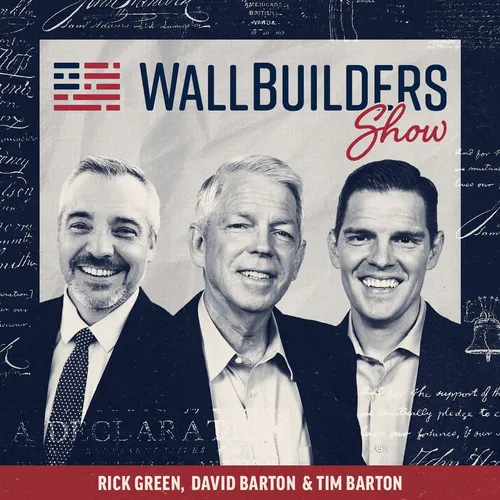Faith's Intersection with Education and History
- Author
- Tim Barton, David Barton & Rick Green
- Published
- Thu 04 Sep 2025
- Episode Link
- None
A Christian professor working in the liberal stronghold of academia sparks a fascinating conversation about whether American universities can ever return to their historical Christian foundations. David Barton offers a powerful perspective rooted in historical patterns, showing how institutional transformation—from the early Christian church to the Protestant Reformation—has always been a multi-generational effort requiring patience and strategic discipleship.
Drawing from these historical examples, Barton presents a compelling vision for academic renewal through intentional mentorship. He challenges Christians in academia to invest in at least one student who can carry biblical values forward, creating a multiplication effect over decades. This approach stands in stark contrast to our culture's demand for instantaneous results but aligns with how lasting change has always occurred throughout history.
The conversation shifts to examine two significant yet often overlooked historical events. First, the team unpacks the 1832 Nullification Crisis when South Carolina attempted to nullify federal tariff laws, revealing how this confrontation between state and federal authority planted seeds that would later blossom into the Civil War. Andrew Jackson's response highlights the complex nature of historical figures who could take principled constitutional stands despite other problematic positions.
Equally illuminating is the discussion of Tulsa's "Black Wall Street," a remarkably prosperous Black community that faced devastating racist violence in the early 1900s. This story captures both the incredible achievements of Black entrepreneurs and the tragic consequences of racial hatred that continue to resonate today.
The episode concludes by addressing misconceptions about Thomas Jefferson's Bible compilations, explaining how his 1820 collection of Jesus's moral teachings has been widely misrepresented as evidence of Jefferson's rejection of supernatural elements of Christianity.
Through these diverse topics, the episode demonstrates how accurately understanding our past provides essential context for addressing present challenges. Whether you're concerned about the state of education, curious about overlooked historical events, or interested in the religious views of our founding fathers, this discussion offers rich insights that will expand your perspective and deepen your understanding of America's complex heritage.
